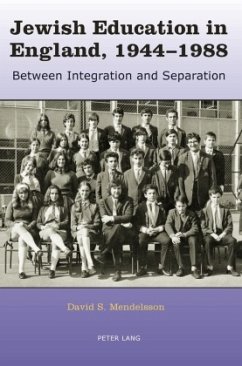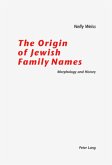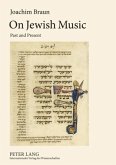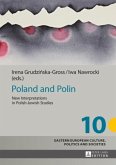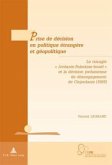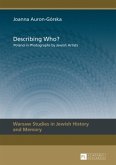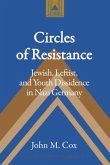Today, the dominant model for Jewish education is the community-wide, technologically advanced day school, where the Judaic subjects are taught by professional educators using student-friendly, interactive methodologies. Not so long ago, however, most Jewish education consisted of rote repetition of prayers and biblical passages and their translation into awkward English by teachers with no formal pedagogic training, in classes - often located in synagogue basements - held on Sunday or once a week after 'ordinary' school.
This book explains the radical reconfiguring of Jewish education in England in historical and sociocultural terms. It explores the transformations that took place in every aspect of Jewish education: curriculum, religious/ideological orientation, school format (afternoon classes vs day schools), funding (private vs state), and more. The author shows that this dramatic transition directly reflects both changes in the socioeconomic profile and self-identity of Anglo-Jewry as well as demographic and cultural changes in British society in general. Tracking the shift from integration to separation, this book maps the effect of competing societal, personal and communal agendas, pedagogic paradigms, and pragmatic constraints on the rise of the Jewish day school in England.
This book explains the radical reconfiguring of Jewish education in England in historical and sociocultural terms. It explores the transformations that took place in every aspect of Jewish education: curriculum, religious/ideological orientation, school format (afternoon classes vs day schools), funding (private vs state), and more. The author shows that this dramatic transition directly reflects both changes in the socioeconomic profile and self-identity of Anglo-Jewry as well as demographic and cultural changes in British society in general. Tracking the shift from integration to separation, this book maps the effect of competing societal, personal and communal agendas, pedagogic paradigms, and pragmatic constraints on the rise of the Jewish day school in England.

